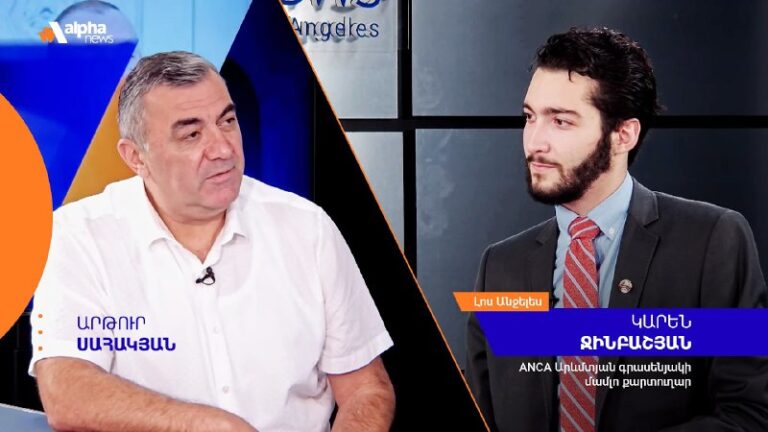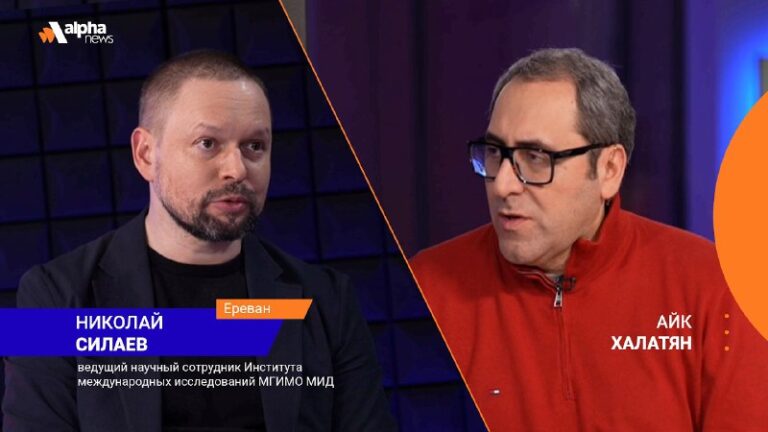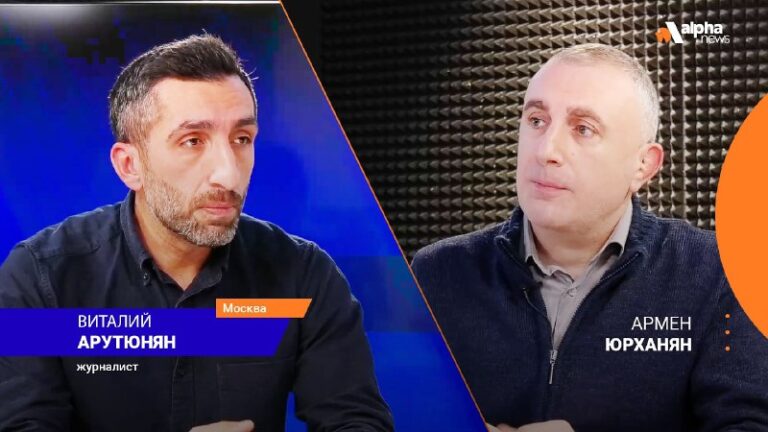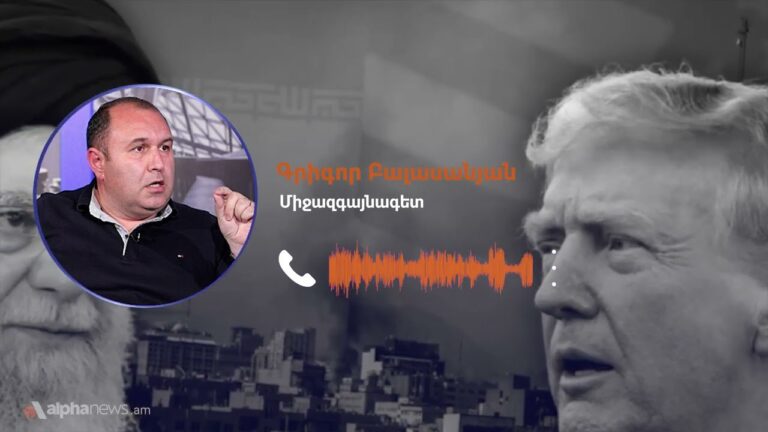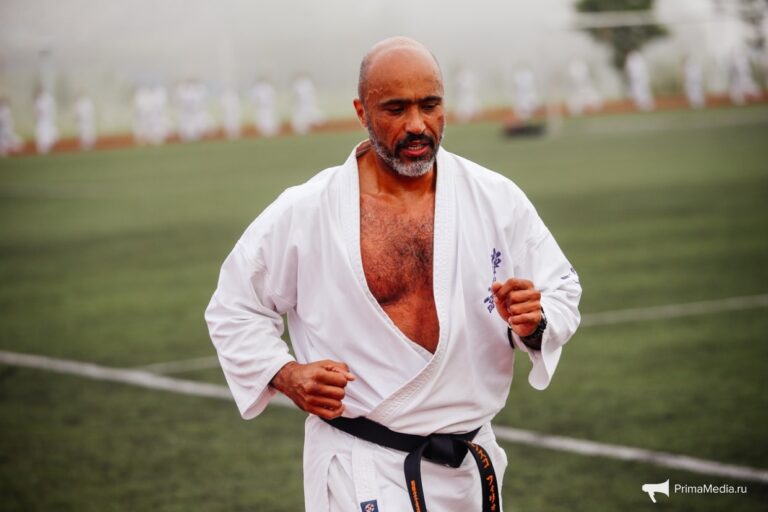Did Pashinyan legitimize his agreements with Erdogan in front of the European ambassadors?
October 18 2024, 17:15
During the week, Turkish Foreign Minister Hakan Fidan announced that the third meeting of the 3+3 regional platform for the South Caucasus will be held on October 18 in Istanbul.
The Russian media, citing diplomatic sources, have already told what will happen during this meeting. The participants of the meeting are expected to adopt a joint statement emphasizing the need for peaceful resolution of conflicts. The importance of peaceful normalization, respect for sovereignty, territorial integrity, the principle of inviolability of borders, and non-interference in internal affairs will also be emphasized. Ararat Mirzoyan will also meet in Istanbul with his Turkish counterpart Hakan Fidan and with Turkish President Recep Tayyip Erdogan.
If you look at the process from a different angle, you can see the reality behind the diplomatic statements. And the reality is that Turkey, Azerbaijan, and Nikol Pashinyan will try to legitimize their agreements regarding the Zangezur Corridor in front of Moscow and Tehran—agreements, around which, apparently, there was a recent meeting of the ministers of Turkey and Armenia, Uraloglu and Sanosyan.
It is also noteworthy that before the meeting in Istanbul, Pashinyan received the ambassadors of the EU member states accredited to Armenia, led by the head of the EU delegation, Ambassador Vassilis Maragos, a step that had both foreign and domestic policy motives. Pashinyan tried to show Moscow and Tehran that his personal agreements with Erdogan are legitimized at the EU level and that although only five sides will sit at the table in Istanbul, there is also a sixth side, the EU, which also supports the agreements of the Erdogan-Pashinyan-Aliyev triangle. And Russia and Iran must take into account these agreements.
The domestic policy logic of the meeting with the ambassadors was also clear. It was demonstrated to the people that “the whole world” supports “Pashinyan’s sovereign decision to surrender the corridor” and “the sovereign decision to become a bargaining chip” in the struggle of globalist forces against Iran and Russia. Propaganda will bring the matter to an end, and the authorities will also try to prove to the people that “the whole world” not only supports Pashinyan’s “sovereign decision” but also “will help if anything happens.”
The whole tragedy of the situation is that the political actors behind a number of processes in post-Soviet countries do not bother to at least adapt their scenarios to Armenian realities. They repeat the same actions, texts, and statements over and over again. The point is that on February 1, 2022, 23 days before the outbreak of war, the Verkhovna Rada of Ukraine opened the seventh session. After the speech by President Zelensky and Speaker Ruslan Stefanchuk, MPs from European Solidarity, Holos, and the Dovira group came to the podium with flags of the United States, Great Britain, Canada, Estonia, Turkey, Lithuania, Poland, the Czech Republic, and Denmark to thank the allies for their weapons and diplomatic support.
Pashinyan’s meeting with the European ambassadors is a repetition of this particular action by Ukrainian politicians, which took place less than a month before the war. It remains to understand for what reason, if scenarios and actions are repeated, the outcome of external governance in Armenia will be different than in other post-Soviet countries.
Think about it…

